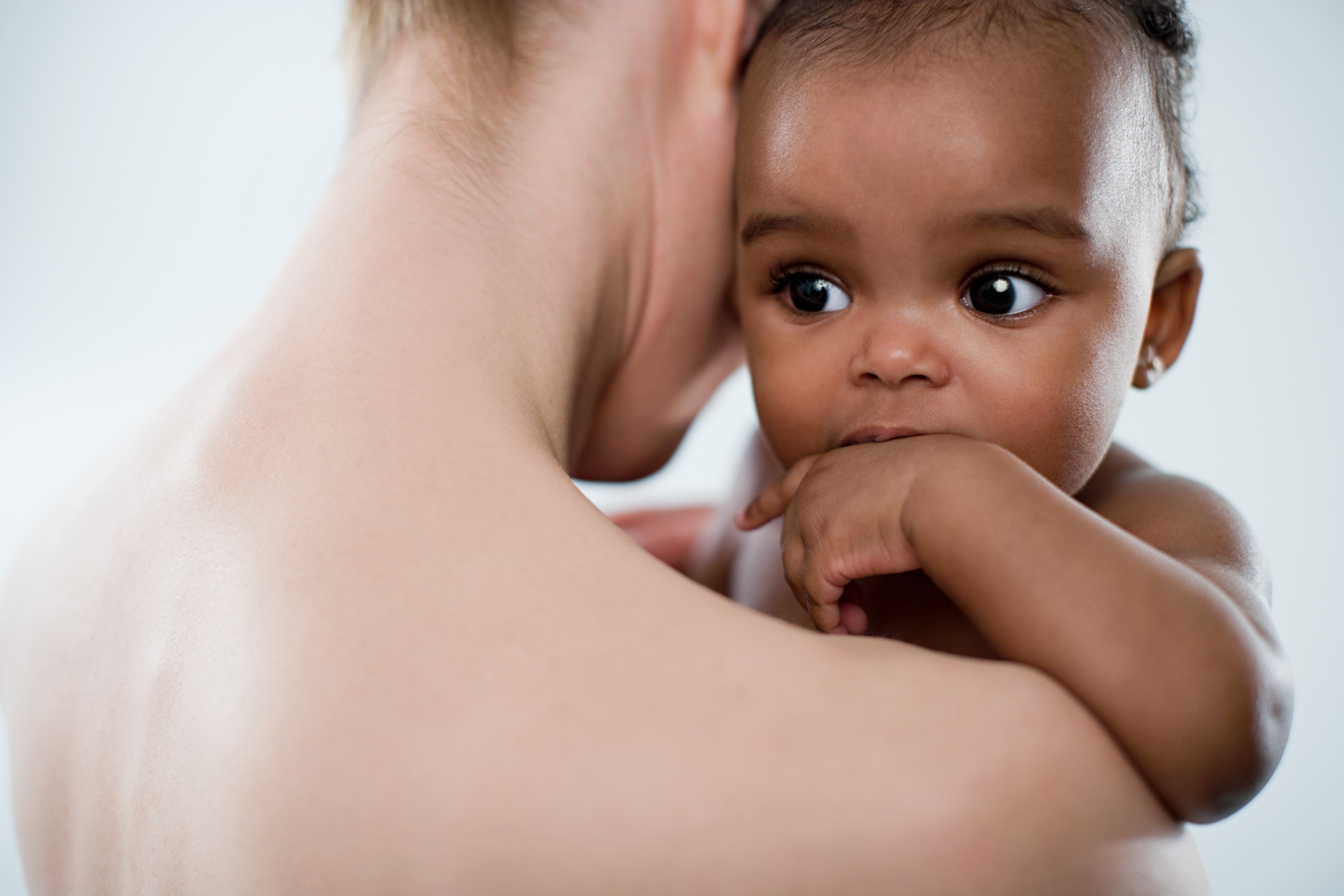
My concern has been that these children will grow up not identifying with their heritage. They’ll know what sports they like and what hobbies they enjoy and what cereal they love, but they won’t see themselves through the lens of the Black experience. That can be dangerous — especially for boys, who need to prepare themselves for life as Black men in America. No matter who their parents are.
Teaching kids about themselves from a racial and ethnic standpoint is a parent’s responsibility. And because race and ethnicity are something that even well-intentioned White people don’t typically think about, it’s safe to say that adoptive parents — goodhearted as they might be — don’t think about them either.
So when Sara, a White girl I befriended when we started the same job, shared that she and her husband are in the early processes of adopting a child, I was thrilled for her. I hadn’t had a White friend since high school, but we instantly connected. She’s genuine, thoughtful, smart and she has a great laugh that makes you want to break out in giggles of your own. I’m ecstatic that she’s making the steps to become a mother. She’ll be fabulous.
After she’d gotten a little deeper into the considerations that come with adoption — open or closed, domestic or international, infant only or older children — she mentioned in passing that she and Mike were open to any gender. They were also open to any race. I didn’t think about it much when she was saying it. I was too busy grinning like a golddigger at an NBA draft. But after the information had time to settle, my mind caught up with my excitement: Sara could end up being some little Black kid’s mom.
There is something special about adoptive parents, maybe even a smidge more endearing than parents who just lie down, have sex and make a baby. They seek their babies — and are sometimes disappointed — all to satisfy their desire to have a child. I’ve got to respect that commitment. I can’t help but think if they have that much determination, they’ll give that much love too. It sounds like a cliché, but that is, at the base of it all, what a kid needs.
What I like about Sara is that she asks questions. I wish more White folks did. If she doesn’t understand something about us, she doesn’t assume. She breaks out in the most random inquiries. “How does Kwanzaa work?” she blurted the other day. “I always wanted to know.” So I explained, she nodded and we moved on. I usually hate playing the Ambassador to Blackness. I did it when I was in high school and I’ve done it at some jobs. But for some reason, I don’t mind breaking it down to her because she means well.
I think that curiosity and willingness to learn will empower her to be a mother to a Black child, if that’s how the good Lord wills it. My hope is that there are more Saras out there who will take an active interest in making sure their son or daughter’s every need is met, including knowing their heritage.